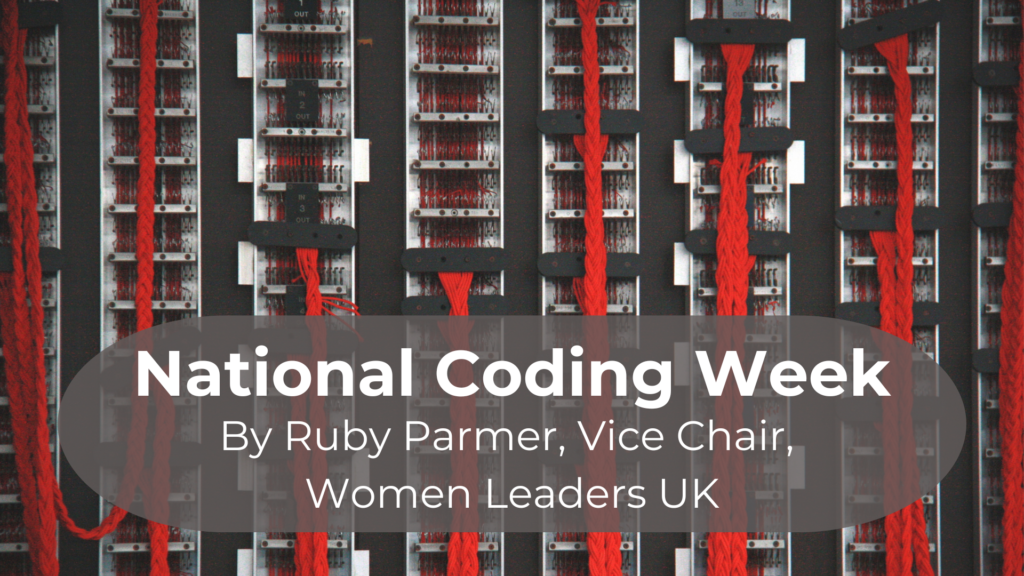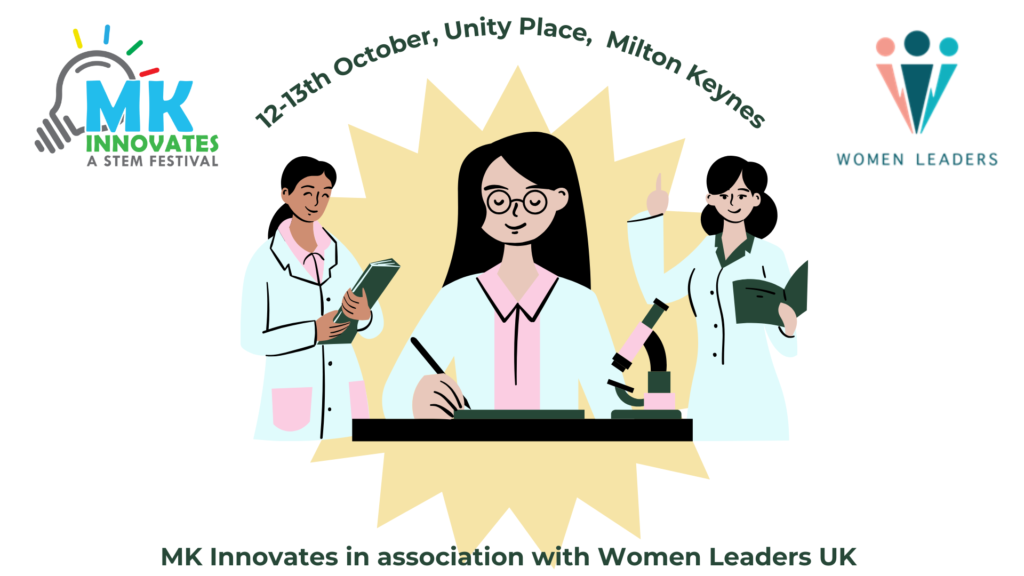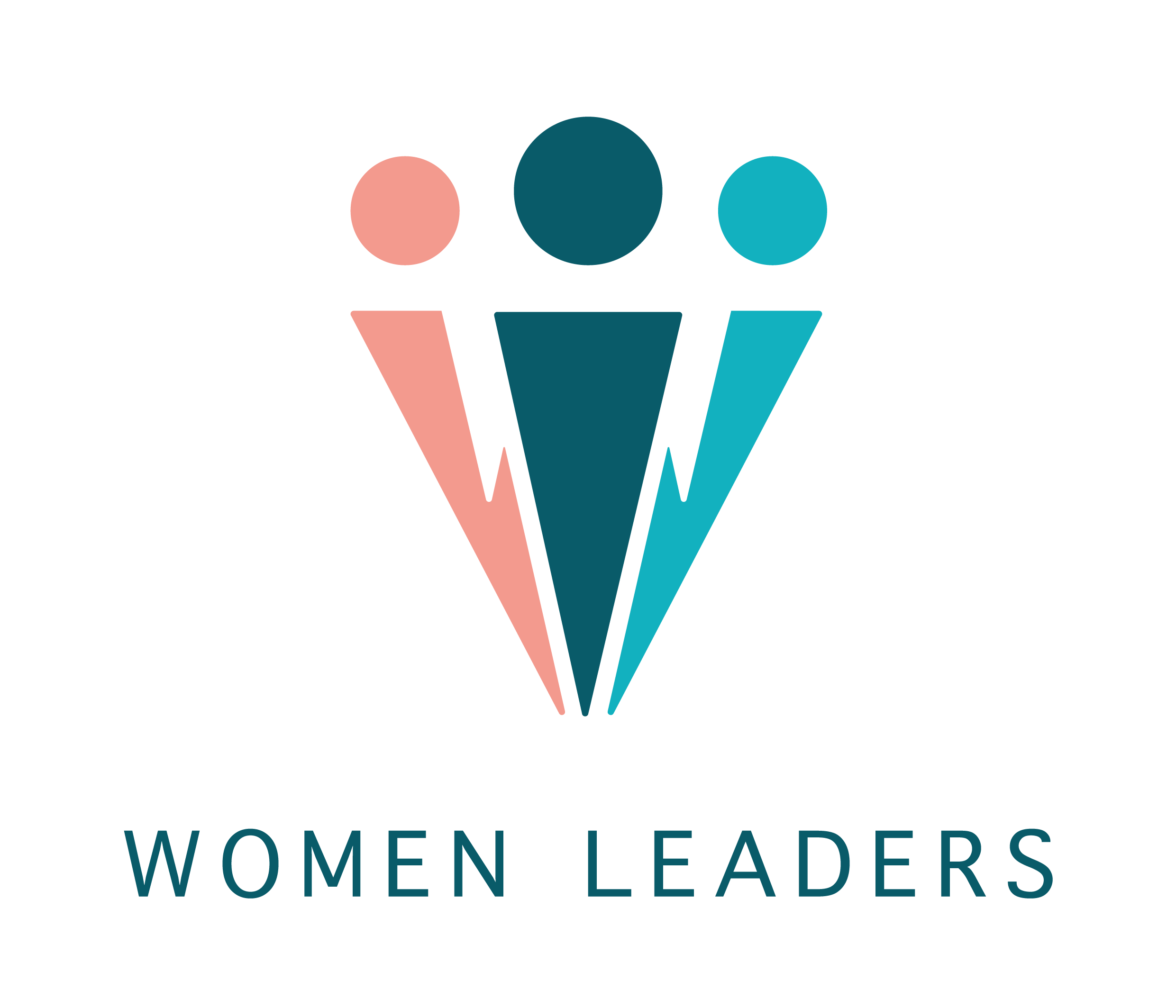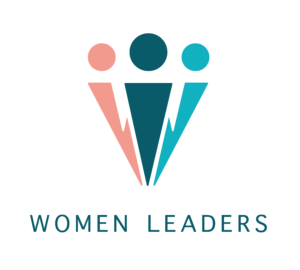
Supporting Women in STEM and Recognising the Women of Bletchley Park
Recently, I came across an intriguing article about the Code Girls of WWII. They were a group of over 10,000 women who served as cryptanalysts and cryptographers for the US Military. This made me curious about our own Bletchley Park code girls, who were relatively unknown until recent years.
Some History
Bletchley Park was home to many renowned codebreakers, including Alan Turing, Gordon Welchman, and Bill Tutte. However, little was known about the women who worked there. Approximately 8,000 women made up about 75% of the workforce at Bletchley Park. While women were underrepresented in high-level work like cryptanalysis, they played a crucial role in operating cryptographic and communications machinery, translating Axis documents, performing traffic analysis, and other essential duties. The Women’s Royal Naval Service, or WRNS, also known as the Wrens, made up the majority of the workforce, operating the Colossus and Bombe machines. They worked in three 8-hour shifts around the clock and were the heart of Bletchley Park.
We also had our own Codebreakers, including Betty Webb, Jane Fawcett, Joan Clarke, and Mavis Batey. These women were trailblazers in the world of coding and demonstrated the utility of the project. They broke codes, decoded messages, and played a significant role in the war effort.
These women and others like them across all sectors are role models for young girls and women looking to pursue careers in STEM. It’s only in recent years that we’ve begun to recognise their contributions.

Support in STEM careers
Back when I was looking to make subject choices for my A levels I was actively encouraged, even pushed, to take the sciences and maths by my parents. Their motivation wasn’t however enlightened for the time, it was merely that Indian parents thought the best career you could have was as a Doctor! Although we have made great strides to bring STEM careers to the forefront of the minds of our future generations, much more needs to be done particularly in encouraging and supporting young girls to consider them.
We are lucky here in Milton Keynes to have recently opened The South Central Institute of Technology, our very own Institute of Technology as part of the Milton Keynes College group. The college works collaboratively with schools and employers in encouraging and supporting young girls in making their career choices which include many more opportunities in STEM.
As part of our Women Leaders UK (WLUK) annual programme of events, we are hosting The MK Innovates STEM Festival 2023, Women in STEM.This is scheduled on 12-13 October at Unity Place, Santander, 200 Grafton Gate, Milton Keynes MK9 1UP.
This upcoming event is an exclusive chance for organizations that focus on Science, Technology, Engineering, and Mathematics (STEM) to showcase their programs and services. The event aims to provide STEM education and enrichment to a diverse audience, including individuals from the community, schools, and colleges. Attendees will have the opportunity to explore various technologies and career options available, with a particular focus on women and younger audiences.
National Coding Week: This year’s theme is AI
Artificial Intelligence (AI) has been a part of the digital curriculum for a while now, but recently it has received a lot of media coverage and sparked debates. We can see its increasing use in everyday situations. AI refers to the ability of machines to perform tasks typically associated with human intelligence, such as learning and problem-solving. AI has several applications, including advanced web search engines, recommendation systems, understanding human speech, self-driving cars, generative or creative tools, and competing in strategic games. AI can even master creative processes, such as making visual art, writing poetry, and composing music, covering a broad spectrum of tasks.
AI has a place in today’s society due to its efficiency, potential cost savings, and ability to find solutions to complex issues. However, its use also creates ethical and moral dilemmas. Many consumers do not trust AI and prefer human interactions for authenticity and empathy.
One ethical and economic consequence of AI is its use by companies. Our economic system is based on compensation for contribution to the economy, often assessed using an hourly wage. However, by using AI, companies can drastically reduce their reliance on the human workforce, resulting in fewer people receiving revenues. Consequently, individuals who have ownership in AI-driven companies will make all the money, raising questions about fairness and sustainability. The flip side of course is the creation of jobs within the digital economy developing and refining AI. AI’s impact on individuals is a debate that we all need to engage in as it is shaping our future. There are ongoing discussions about establishing “ethical” guidelines for AI’s use, but will these satisfy everyone? That’s the exam question right now.
Other sources of support
At WLUK, we offer a comprehensive mentoring program for free, which includes many female mentors with STEM backgrounds. For additional details, please visit this page.
Additionally, during National Coding Week, several institutions, and organisations in MK, such as libraries and youth groups, offer guidance and resources for individuals interested in pursuing coding careers.



